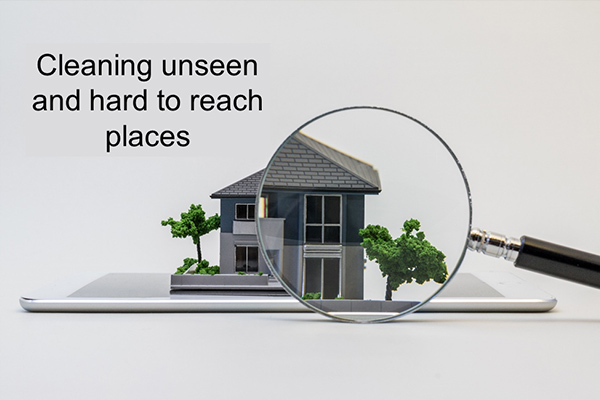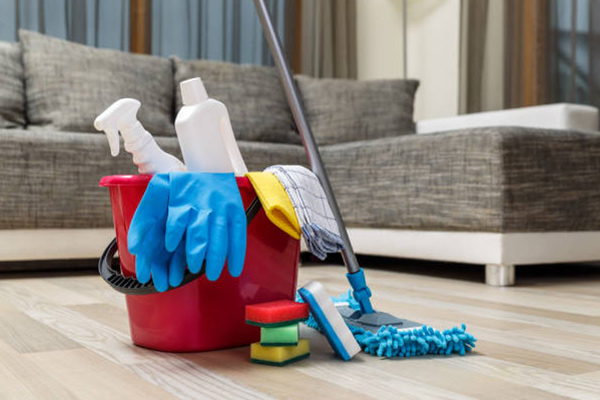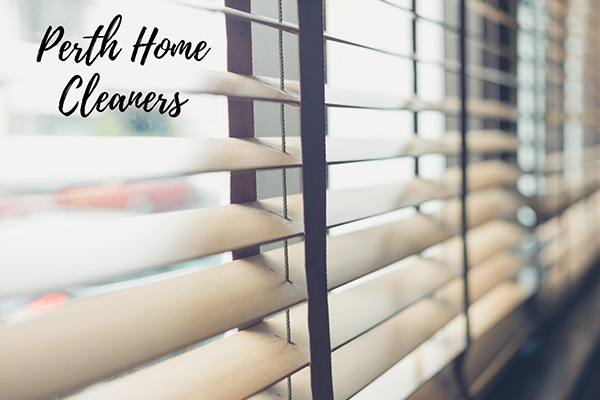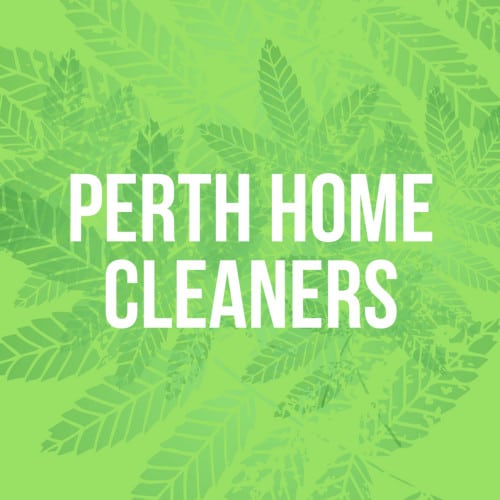14 Tips For Cleaning The Glass Surfaces At Home
Glass surfaces are very attractive but can be difficult to clean. Abrasive cleaners and chemicals can damage glass surfaces. They are also easily scratched by any sharp object that comes into contact with them. Professional cleaners employ the tactics described in this article to deliver stunning results and brighten up homes.
Why Regular Cleaning is Important
Glass is an easy material to clean, but it also needs to be cleaned regularly. This is because dust and dirt can accumulate very quickly. If you do not clean your glass surfaces regularly, it will cause the glass to become cloudy and hard to see through. You will also have to clean them more often than you need to if you do not clean them at least once a week.
Here Are Some Tips for Cleaning Glass Surfaces at Home:
1. Use The Right Tools
The first thing you should do before you start cleaning is to make sure that you have all the necessary tools at hand. This means having a lint-free cloth, window cleaner, and paper towels ready.
2. Use A Microfiber Cloth
Glass is an easy surface to clean, but sometimes it can be hard to get all the smudges and fingerprints off the glass without leaving streaks or smudges behind. A microfiber cloth is ideal for cleaning glass because it’s rough enough to grab onto dirt, smudges, and fingerprints but not so rough that it scratches the surface of your glass.
3. Use A Soft-Bristled Brush
When you’re cleaning your window or mirror, you’ll need to use a soft-bristled brush to clean off any grime or dust stuck between the individual slats of your screen. You can also use this tool when polishing your display screen if any particles or dirt are stuck between the individual slats of your screen.
4. Use Baking Soda
Baking soda is one of the most versatile cleaners you can use around the home. It works great for cleaning glass surfaces because it does not leave any residue after use, like many other cleaners do when used on glass surfaces. You can sprinkle some baking soda onto a damp cloth and wipe down all your glass surfaces. This will get rid of any streaks or smudges that may be present on your glass surfaces, so they look good again!
5. Use White Vinegar to Clean Glass Surfaces
White vinegar is a good option for cleaning glass surfaces because it can remove dirt, grease, and grime from the surface without damaging it. Grime should be washed with a soft cloth and then rinsed with water. Afterward, you can apply a coating of white vinegar to the surface, wait for five minutes and then wipe off any residue using a dry cloth or paper towel.
6. Use Rubbing Alcohol to Clean Glass Surfaces
Rubbing alcohol can be used as a cleaner on any glass surface, including mirrors, without damaging or leaving any residue. When cleaning mirrors, use the same method for cleaning other types of glass surfaces, and do not apply too much pressure to the object when wiping away grime with a damp cloth or paper towel; otherwise, you risk scratching your mirror and causing damage to it.
7. Use A Razor Blade to Scrape Off Any Tough Stains on Glass Surfaces
If there is a tough stain on your glass surface, like candle wax, scrape it off with a razor blade. The blade should be sharp enough to remove the stain without damaging the surface. Be sure not to use too much force when scraping; if you do, you risk scratching the glass further.
8. Avoid Abrasive Cleaners or Scouring Pads
Window cleaners use special cleaning products applied with soft cloths or paper towels. When cleaning windows, never use abrasive materials like steel wool or sandpaper. These products can scratch glass surfaces, causing permanent damage and reducing visibility through your windows. If you’re using a squeegee, be sure not to push water around instead of wiping it away from the glass surface; this may create streaks on your windows that make them difficult to see through.
9. Don’t Push Dust Around, Or You’ll Scratch the Glass
To avoid scratching your glass surfaces, use a damp cloth or paper towel to clean up dust instead of pushing it around with your fingers or other hard objects (like a credit card). If you must push dust around with something hard, such as a credit card or fingernails, do so gently and only when necessary, such as when cleaning off sticky fingerprints or smudges that won’t come off any other way.
10. Always Read the Label on Your Glass Cleaner
The label will tell you what ingredients are in the product and whether it’s safe for use on all glass surfaces. Some products are safe for mirrors but not for windows. The label may indicate whether a product can be used safely on tinted windows or other specialty glass surfaces.
11. Use Newspaper to Dry and Buff Your Glass Surfaces
Newspapers can help remove fingerprints from your glass surfaces without leaving any lint behind. To use newspapers, tear off several sheets and lay them on the countertop or other area where you will work with the glass surface. The ink will adhere to all the dust and dirt on the surface; wipe these away with a clean rag or sponge. Then, use another sheet of newspaper to buff off all traces of dirt and dust left behind by using circular motions with your hand or a soft cloth over each section of the window until it is completely clear.
12. Consider Hiring a Professional
If you don’t enjoy cleaning your glass surfaces, then consider hiring professionals to do it for you. Window cleaning companies will come to your home and clean all of your windows, including screens, inside and out. They also offer other services such as pressure washing and gutter cleaning.
13. Do Not Use Windex on Your Electronic Screens
Windex is one of the most popular brands of window cleaners, but it’s not always the best choice for cleaning your electronic screens. Many people think that because it is a window cleaner, it must be safe for any glass surface. This isn’t true, though. Windex can damage your electronic screens because it contains ammonia, damaging some screens over time.
Do not use Windex on your electronic screens if you want to keep your home sparkling clean without damaging your electronics. Instead, use a microfiber cloth or paper towel soaked with water, vinegar, or rubbing alcohol to clean them. You can also use a commercial screen cleaner made specifically for computer monitors if you have one handy in your home office or computer room.
14. Never Clean Windows or Mirrors in Direct Sunlight
You are more likely to get streaks and spots on the glass if you clean it while the sun is shining directly on it. This can happen even if you use a squeegee or a towel. You also want to avoid cleaning windows or mirrors when they are hot, as this can cause them to break more easily.
Stay On Top of Cleaning
Clean windows regularly. Don’t wait until you have a lot of time to clean. If you clean your windows regularly, keeping them clean will be much easier.
Don’t let the task become overwhelming or over-complicated by adding other tasks (like vacuuming). Not only will this increase your stress levels, but all those extra things will add more time to what should be an easy job from beginning to end.
Conclusion
If you’re someone who loves to keep your home clean, it’s really important to take the time to clean your windows regularly and properly. You’d be surprised at how cleaning your glass items just once or twice a month can do wonders for improving the overall appearance of your home. It’s a good idea to give Perth Home Cleaners a call right now!







